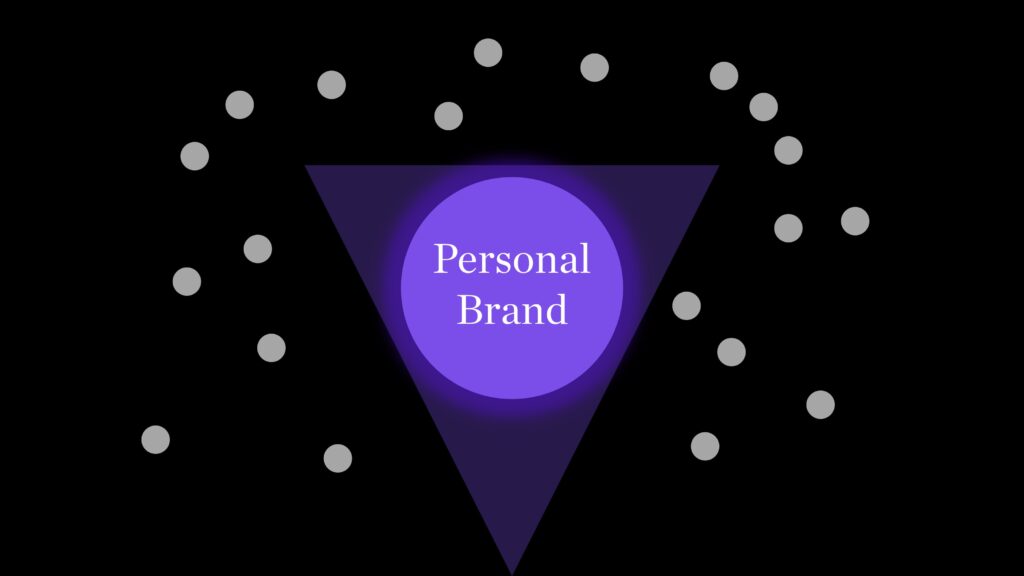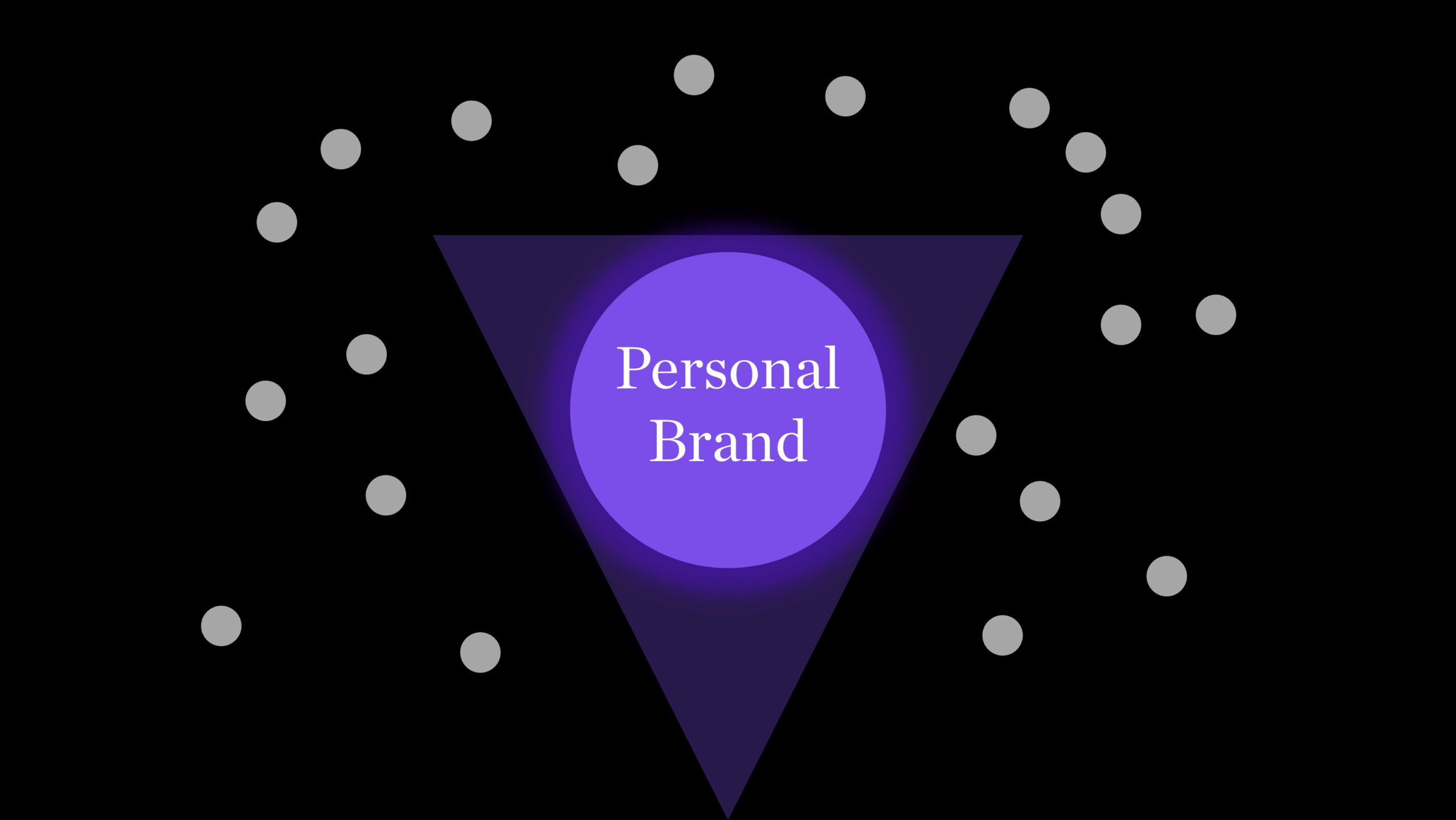Article last updated on September 18, 2022
Not everyone needs a personal brand. But if you are in a profession that thrives on self-promotion and networking, then it is important to have a strong personal brand.
The reason why I say this is that the world of business has changed dramatically over the last few years.
The old way of doing things no longer works. Social media has made it possible for anyone with an internet connection to reach out to millions of potential customers.

This means that your personal brand should be just as powerful as your company’s brand. If not more so.
So what does this mean for you? Well, it means that you need to start thinking about how you can use social media to build your personal brand.
After you read this article, you will clearly understand if you need a personal brand or not.
Do You Need Personal Branding: Assessment
To make it easier to decide whether or not you need a personal brand, it might help you to gain clarity by asking yourself a few questions and seeing where they take you.
Personal branding involves building a reputation as someone who knows his or her stuff and is able to communicate effectively.
While personal branding is becoming increasingly popular and there’s an impulse to think of influencers when we hear the word “brand”, it’s worth remembering that brands are built through relationships.
It can be difficult to tell whether or not you need to build a brand. Here are questions you can answer to help you decide whether or not you need a personal brand.
1. Who are you trying to reach?
If you want to reach people outside of your current network, then you definitely need a personal brand. The best way to do this is to create content that speaks directly to your audience.
Think of other business owners who have personal brands. They all want to reach their target market.
If you want to reach new clients, then you need to become known as an expert in your field. This means creating content that helps others solve problems related to your industry.
On the other hand, if you are the type of person that does not need to reach out to many people, then you probably don’t need a personal brand. Instead, focus on developing your skills.
2. Do you have a unique skill set?
If you have a specific skill set that sets you apart from other people, then you probably need a brand. People who have skills that others lack tend to stand out.

Your unique skill set could be anything from being an excellent writer to having a knack for sales. Whatever it is, make sure that you highlight it in your personal brand.
A personal brand is built on authenticity and credibility. So if you have a skill that makes you credible, then you need a personal brand to promote it.
3. Are you passionate about your field?
If you love what you do, you’ll likely enjoy sharing your knowledge with others. When you share your passion for a topic, you become an expert in that area.
When you share your expertise, you’re giving others access to information that only you know. And because you’re providing value, you’re helping them solve problems.
That is a proper way to build a personal brand. If you’re passionate about something, then you should share your knowledge.
4. Do you only want to become famous?
If you answered yes to this question, then you probably need to rethink your strategy. Building a personal brand isn’t about being famous.
Instead, it’s about being known as someone who has valuable insights and solutions to offer.
Your personal brand identity should not revolve around how much attention you get. Attention is a by-product of providing value.
Yes, you can see examples of celebrities who are well-known on social networks, but they are a dime a dozen. You won’t find many people who are truly successful in personal branding without first providing value.
Professions That Need Personal Branding
There are plenty of professions where building a personal brand is important. However, there are some industries where it’s more essential than others.
If your profession requires you to work closely with clients, then you need a strong personal brand. Your reputation will determine whether or not you succeed.
Here are just some of the professions where personal branding can be helpful.
1. Physicians
Physicians need to be able to communicate effectively with patients. But they also need to be able to explain complex medical procedures to colleagues.
A physician’s personal brand can help him or her achieve these goals. For example, doctors can use their personal brand to show off their expertise.
They can also show that they can connect with patients by using their personal brand.
Using YouTube, TikTok, and Instagram can help physicians develop their personal brands.
Here’s how one doctor uses his personal brand to show off his skills.
2. Lawyers
Lawyers often face criticism when they represent their clients. They may even be accused of doing things that aren’t ethical.
To avoid such accusations, lawyers need to build a personal brand that shows their integrity. This means showing that they are honest and trustworthy.
You can start by using LinkedIn to showcase your professional experience. This will allow potential employers to learn about your skills and accomplishments.
You can also use Twitter to engage with other people and explain why you’re qualified to handle certain cases.
But even using TikTok, you can still build a personal brand. Here’s an example of a lawyer who uses TikTok to promote himself.
3. Entrepreneurs
Entrepreneurship is all about risk-taking. To succeed, entrepreneurs must have a positive attitude and be willing to take risks.
However, most people don’t understand entrepreneurship. If you document your experiences through videos, podcasts, and blogs, you’ll be able to share them with others.
This will help you build a personal brand that demonstrates your willingness to take risks. By doing these things, you can develop unexpected opportunities for yourself.
For example, Gary Vaynerchuk has built a personal brand based on his entrepreneurial success.
4. Personal trainers
Building a personal brand as a personal trainer isn’t easy. Most people think that being a personal trainer is all about working out.
In reality, however, personal trainers need to know how to motivate people. And this involves understanding human psychology.
So, if you want to become a personal trainer that has a strong personal brand, you should focus on learning how to empathize with potential clients.
Then you can teach people and post content on all social media platforms. You can even talk to other fitness-related social media profiles.
What’s more, you can define your target audience and build content just for them. That will make you stand out from the crowd and make it easy to become an authority in your field.
Here’s one of the best examples of a personal trainer who uses social media the right way.
5. Musicians
Musicians often struggle to get gigs because they lack a personal brand. But building a personal brand doesn’t mean that musicians need to be famous.
Instead, they need to create a profile that showcases their musical talent. Then they need to market themselves so that they can attract fans.
If you want to build a personal brand as a musician, you should first master your craft. You can do this by practicing every day.
After that, you can use social media to create and share interesting content. Here’s an example.
6. Engineers
Engineering is a highly technical profession. So if you want to build a successful career as an engineer, you need to show that you’re good at solving complex problems.
You can show that you can solve problems by writing articles or making videos about how you have solved or would solve specific engineering problems.
These types of videos are called “how-to” videos. They’re very popular among engineers, and they can help you build a personal brand.
Creating this type of content proves that you’re capable of creating something useful. This makes you stand out from every other person who wants to work in engineering.
7. Salespeople
By using social media, salespeople can build a leverageable personal brand. For example, if you are a salesperson for B2B businesses and you document your experience through videos, podcasts, and blog posts, you can easily share them with others.
You can also use social media to connect with other professionals in your industry. This will give you access to new business leads.
Your prospective clients want to see what you’ve done before. So, sharing your experiences online gives you credibility.
Here’s another great example of a sales professional who used social media to build his personal brand.
8. Writers
As a writer, you understand the importance of communicating clearly and effectively. If you want to build a powerful personal brand, you should start writing about the processes that make you a great writer.
For example, you could write about how you organize your time or how you manage your projects. These topics are important to any writer.
What’s more, as a writer, you’ll find yourself in contact with many different people, and your ability to communicate well will come in handy.
You can either create a strong network of people via your website or even expand your reach by posting on Medium, Reddit, and Quora.
When you write compelling content that your ideal customers will read, you’ll become a sought-after expert. And when you become a sought-after expert, it will be easier to promote yourself.
9. Architects and interior designers
Architects who build a strong personal brand can charge higher rates than architects who don’t. Being a status quo architect means that you won’t get paid much money.
But being an architect that showcases their skills and knowledge will earn them more money.
You can build a strong portfolio, but if only a few people know about your work, you might not get hired. To avoid this situation, you can use social networking to showcase your work.
Creating content where you can prove that you know your craft will allow you to stand out from other architects.
Here is an example of an architect that uses YouTube to build their personal brand.
10. Web designers and developers
By showcasing their skills, web designers and web developers can build a strong personal brand. This way, you can attract potential customers and increase your income.
You can do this by creating tutorials, demos, case studies, and video reviews.
Digital marketing experts recommend that you create a portfolio so that you can show off your skills. That’s great, but creating a portfolio is what most web designers and developers already do.
What most of them need is to create content that presents real-life examples of their work. This way, you are explaining your reasoning behind projects and showing how they were executed.
11. Accountants
Accountants can build a strong personal brand by becoming thought leaders. They can do this by publishing articles, podcasts, videos, and books.
When it comes to accounting, the average person doesn’t have enough knowledge to judge whether someone is good at it. But if you’re an accountant, you can explain why you’re better than others.
This way, you can convince people that you’re worth hiring.
If your content explains common issues in simple terms, then it will grow your client base.
12. Life coaches
As a coach, you can help clients improve their lives by teaching them new things. If you change some common stigmas and beliefs people have about coaching, you can have a thriving business.
There are many social media accounts that create content that resembles the kind of information that life coaches provide.
But only you as a professional can really dig into the details and make sure that you’re providing quality information.
Many online relationships with clients will start because of your content. So, you should always keep producing high-quality content.
13. Business coaches
Business coaches can build a strong personal brand by helping businesses achieve success. They can do this by writing blogs, ebooks, guides, and courses.
The best thing about this type of content is that it teaches people how to run their own business.
And since there are millions of small businesses out there, you can reach a lot of people. If you stick to your core values, you’ll be able to build authentic relationships with your ideal audience.
Once you gain traction with your ideal audience, your professional growth and personal branding will skyrocket.
Conclusion
I hope I was able to give you some ideas on who needs personal branding, and if one of the examples above does not apply to you, no worries!
There are a lot of other professions where you can use personal branding to get more clients or earn more money.
If you are confused or still wondering, then just go through the assessment at the beginning of the post and that will tell you everything you need to know.


